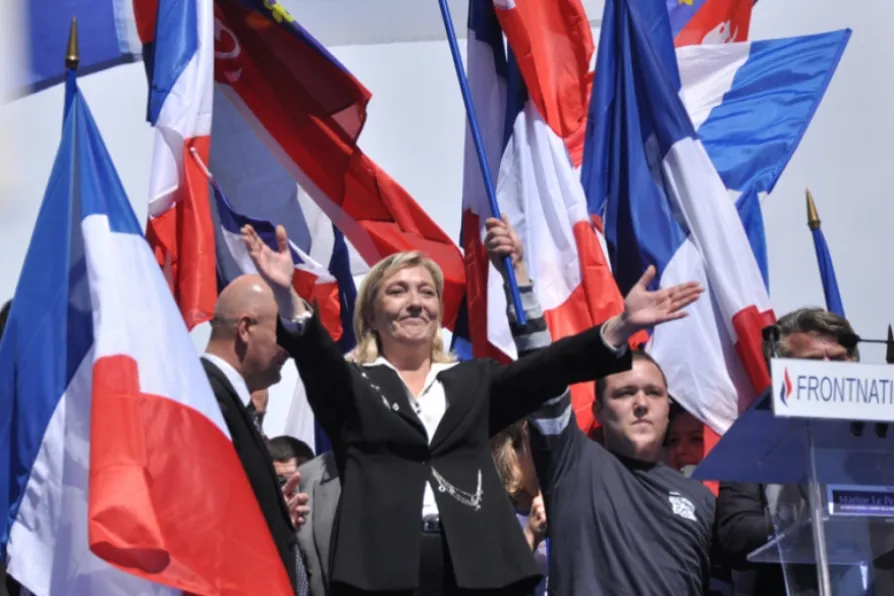RITA DI SANTO draws attention to a new film that features Ken Loach and Jeremy Corbyn, and their personal experience of media misrepresentation
Compelling analysis of Islamophobia's ascendancy in France

 Marine Le Pen's Front National at a rally in Paris in May 2012
Marine Le Pen's Front National at a rally in Paris in May 2012
Republic of Islamophobia: The Rise of Respectable Racism in France
Jim Wolfreys
(Hurst, £14.99)
WHEN the government of a country, with the support of much of its populace, bans Muslim women from covering their face in public and prohibits Muslim children from wearing headscarves in schools, it’s hard to ascribe the phenomenon to anything other than Islamophobia.
Thus Jim Wolfreys’s book wastes little time on trying to build a case that widespread anti-Muslim feeling actually exists in France, although he does quickly assemble the evidence. Instead, he concentrates on looking for the reasons behind such a phenomenon.
Similar stories

Peter Mitchell's photography reveals a poetic relationship with Leeds

Ben Cowles speaks with IAN ‘TREE’ ROBINSON and ANDY DAVIES, two of the string pullers behind the Manchester Punk Festival, ahead of its 10th year show later this month

In an exhibition of the graphic art of Lorna Miller, MATT KERR takes a lungful of the oxygen of dissent

ANDY HEDGECOCK relishes two exhibitions that blur the boundaries between art and community engagement










